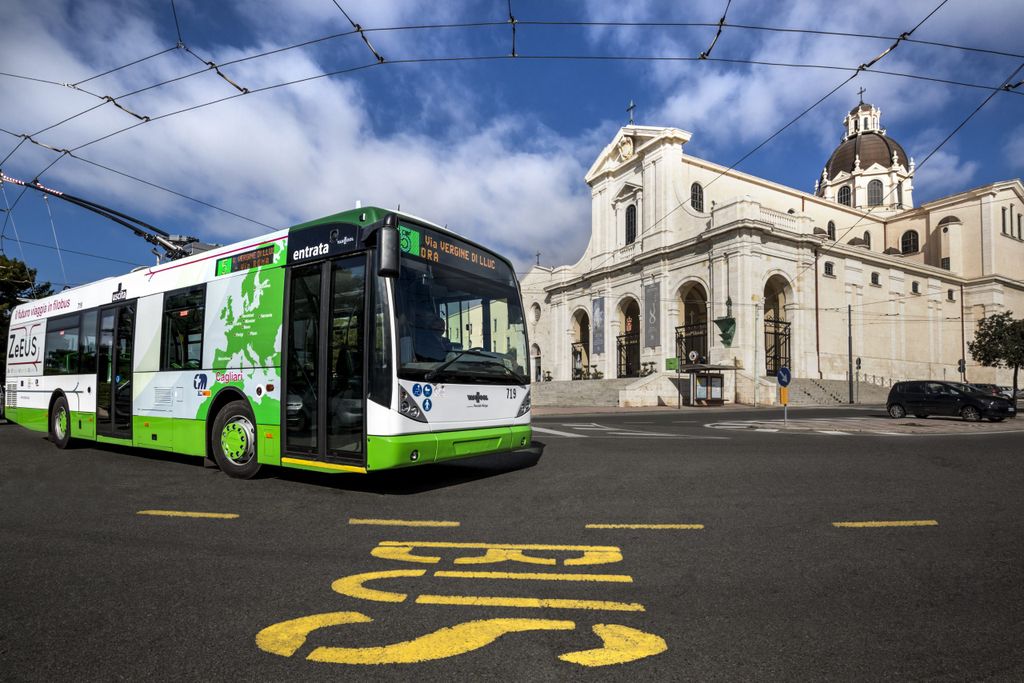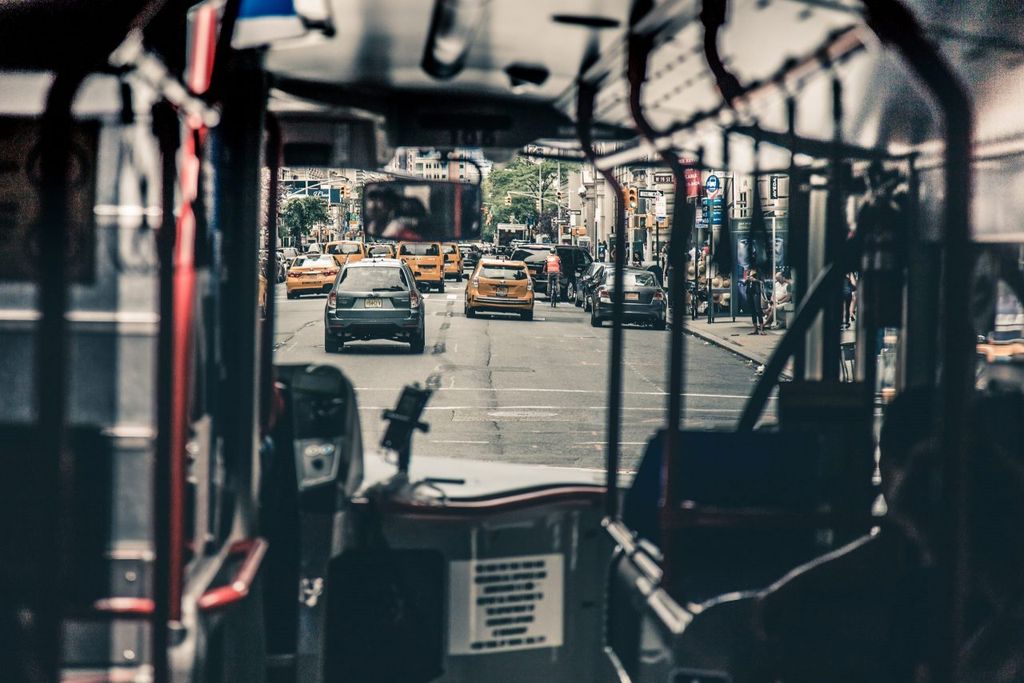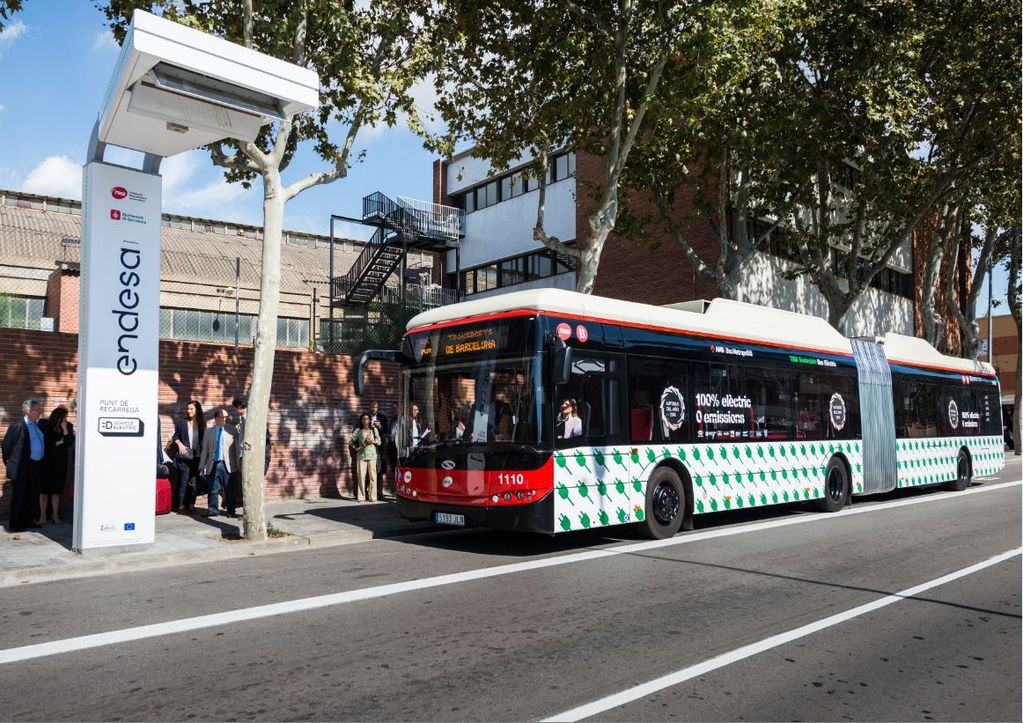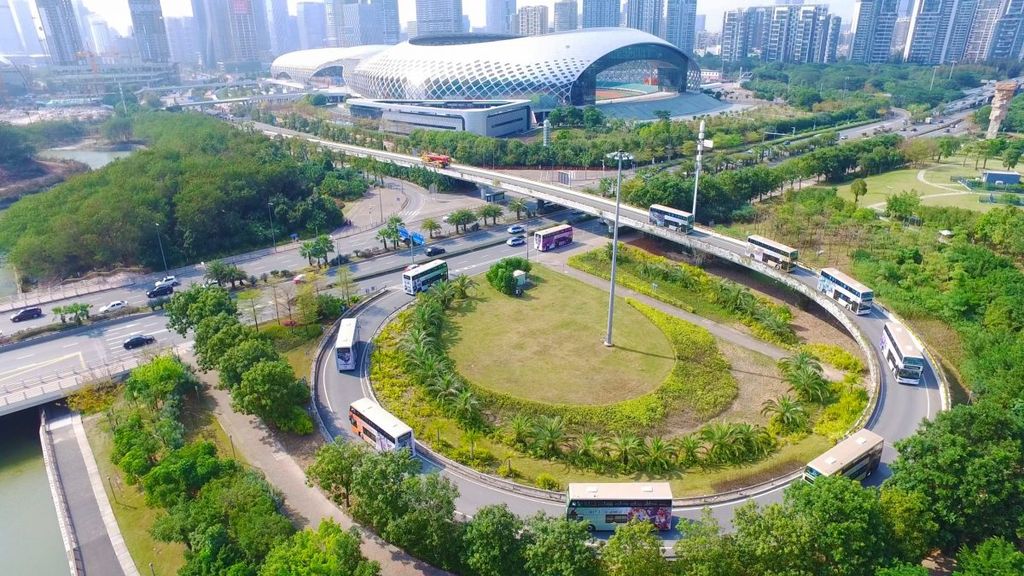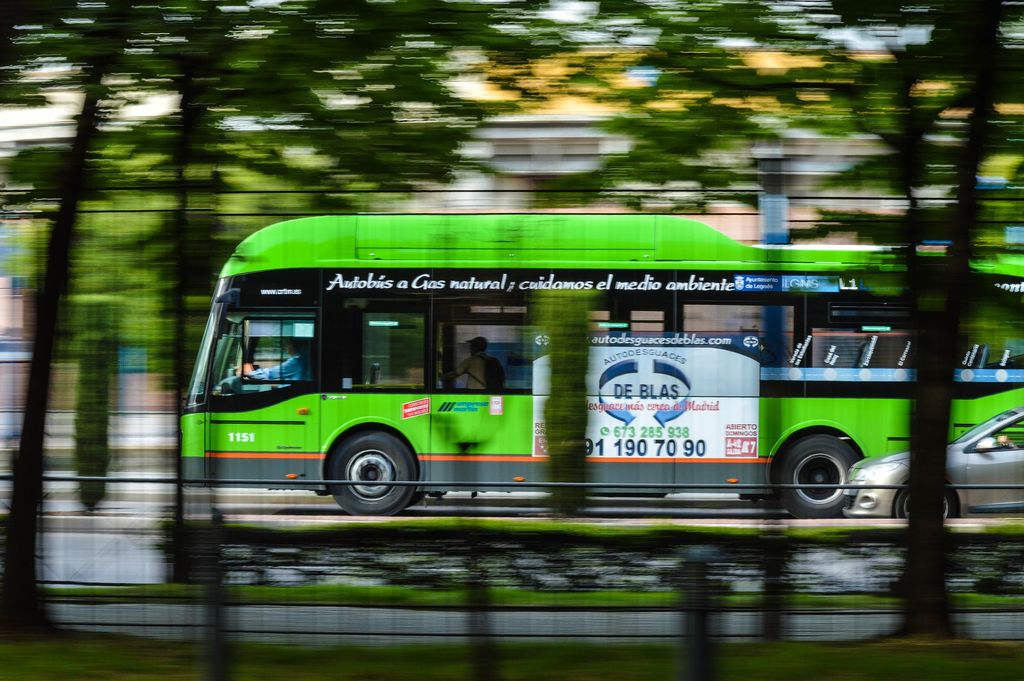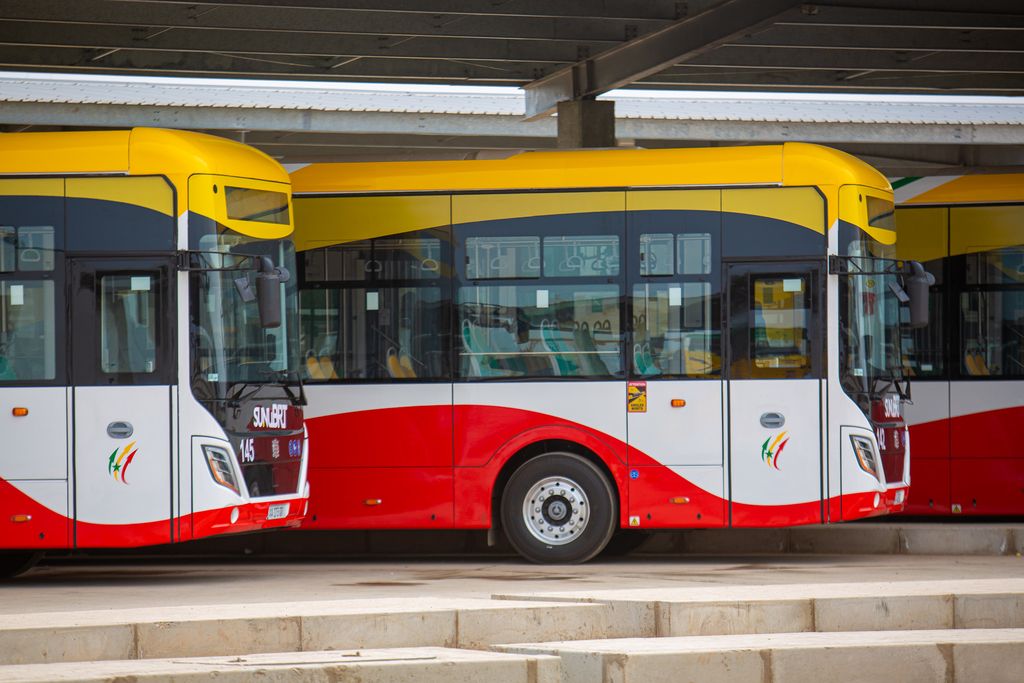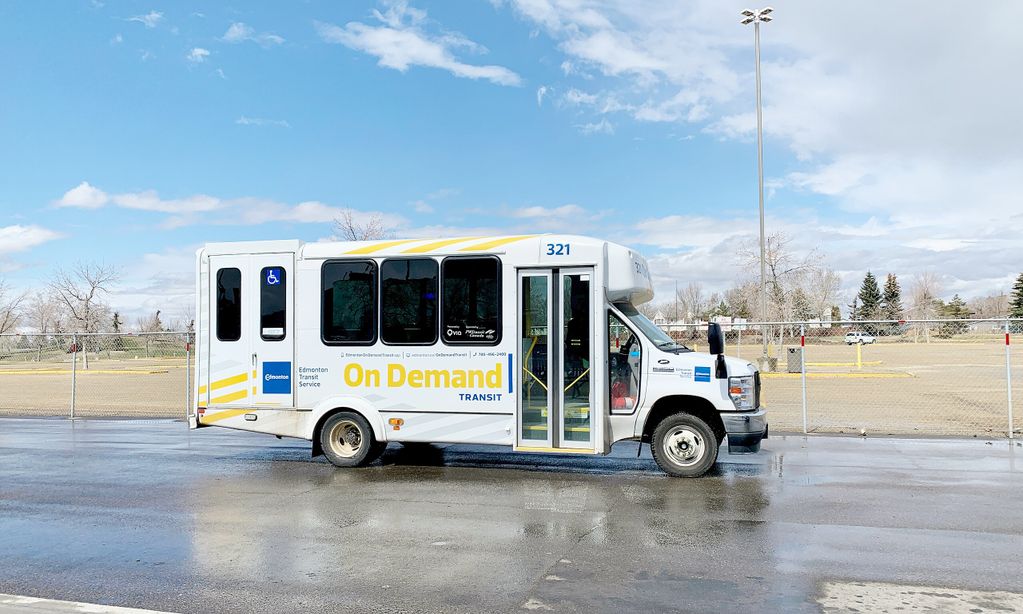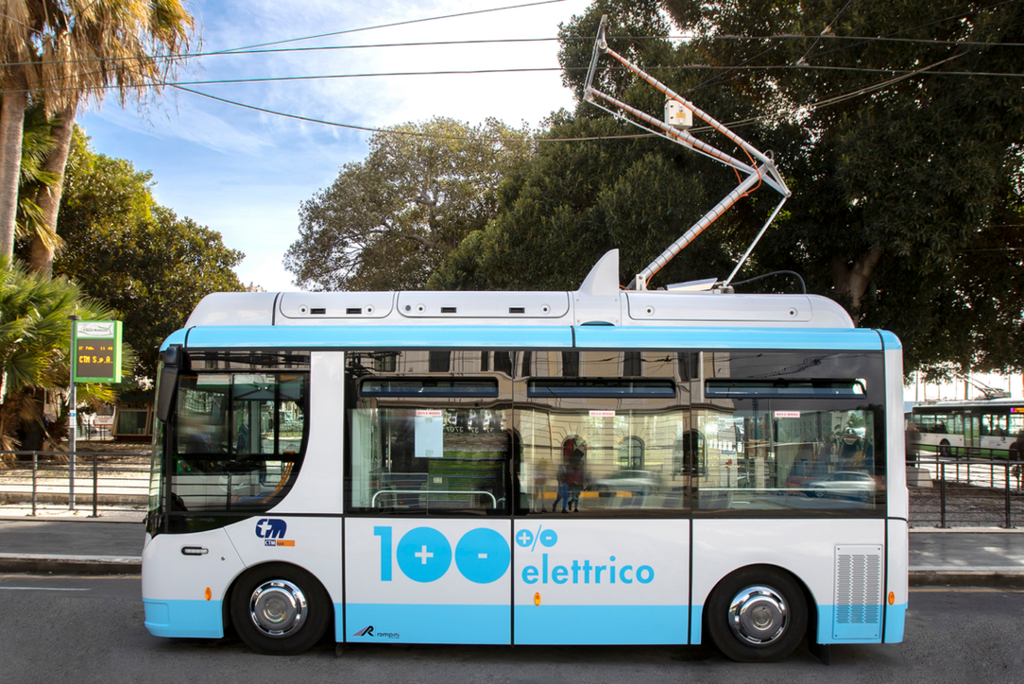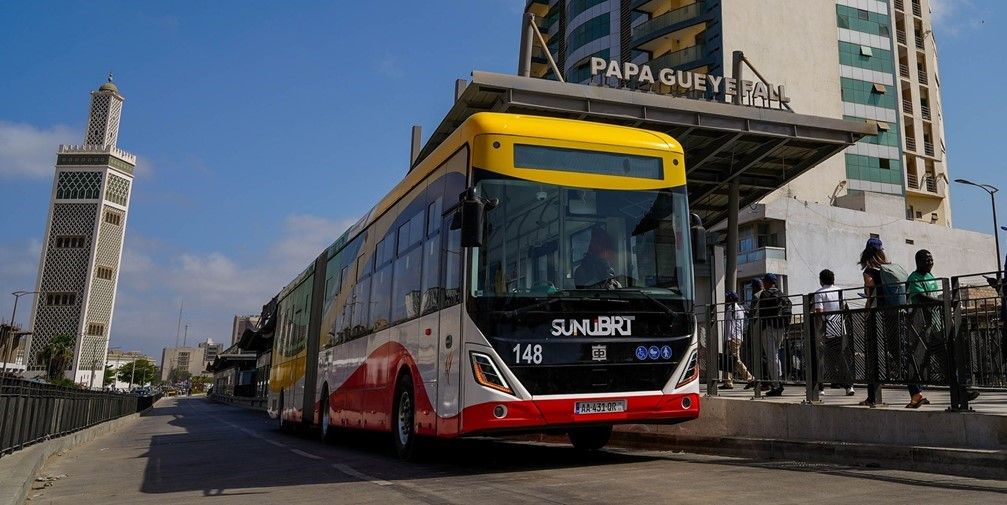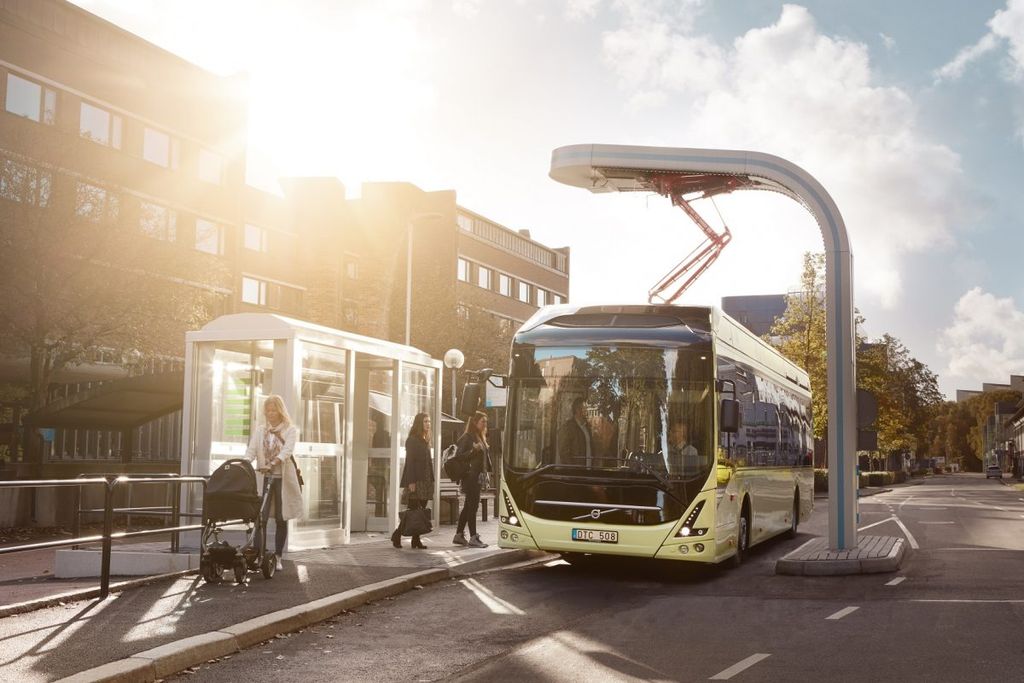
New E-Bus UpSchool for cleaner public transport and less air pollution
Building the future of electric buses – E-Bus UpSchool is UITP’s most ambitious training programme yet.
UITP kicked off its first E-Bus UpSchool earlier this month with over 100 attendees focussing on the Indian market. By introducing topics such as ‘In Motion Charging’, battery technologies and safety, the programme aims to upskill the future leaders of the public transport sector. The first training programme will run 41 sessions and 3 virtual tours over the coming two-and-a-half months.
As the world continues to face the challenges of climate change, cleaner and greener energy becomes increasingly important. Public transport plays a critical role in meeting the challenges of the growing climate concern.
One key part of making the urban mobility systems of cities more sustainable is the electrification of bus systems. A 2019 UITP survey estimated that by the end of the decade, electric buses will be the predominant choice for clean fleets. Berlin, Germany for example, aims to have its 1,800 buses 100% free of local emissions by 2030. Montreal, Canada meanwhile expects to electrify all its buses by 2025.
But electrifying entire bus fleets, brings unique challenges; from adapting infrastructure to building knowledge and capacity to maintain and operate these systems. The transition from Internal Combustion Engine (ICE) buses to electric buses requires a comprehensive understanding from all stakeholders involved to ensure a smooth transition.
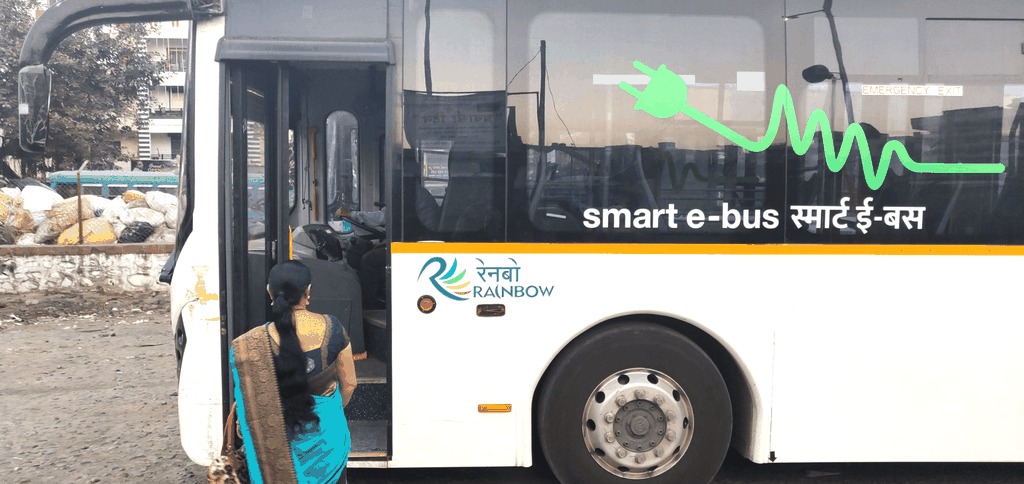
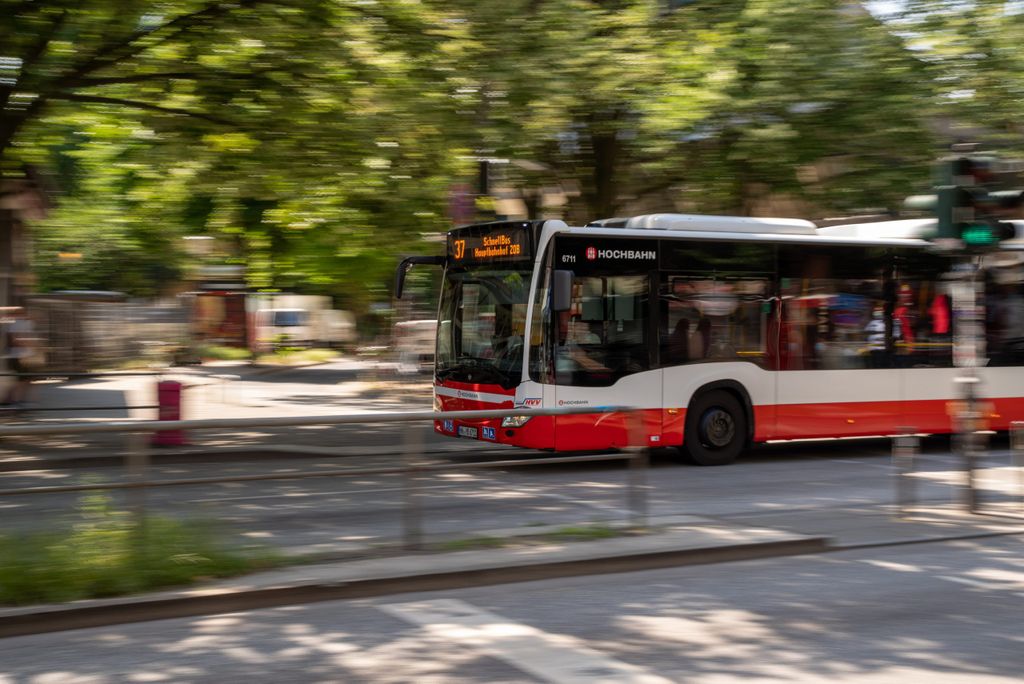
With technological evolution, public transport systems around the world continue to modernise in all facets of the transport ecosystem. Better experiences for passengers, more efficient ways to travel and very importantly modernising fleets across all modes of vehicle.
Traditionally the bus as a mode of transport, has been an equaliser, giving people access to essential short and long-distance mobility, no matter their income, status, or location. They use buses to go to work, to access healthcare or education, and to connect with people.
For a big part of history bus fleets have been run on internal combustion engines (ICE). And even though a bus still uses 4 times less CO2 per passenger kilometre than a private car, the traditional bus of the past has long played its role in the pollution problem.
Given its importance in providing essential mobility, bus design has long-been at the forefront of innovation in its quest to be bigger, faster, and more efficient. These days, the innovation focuses on cleaner and greener. Electrical traction systems continue to improve its operation making it more affordable and efficient.
UITP actively participates in these innovations through participation in research projects and publications. The ASSURED project for example, is developing and testing innovative solutions to support the standardisation and interoperability of electric vehicles. The Clean Bus Europe Platform meanwhile aims to support the deployment of clean bus technologies across Europe.
In recent publications, UITP looked at topics like the impact of large-scale bus electrification on business models and shared ‘a pathway to zero-emission buses‘.
The first E-Bus UpSchool
Cities in India are seeing a strong push towards adopting electric vehicles to reduce vehicular emissions. To support the development, the Government of India has launched schemes such as Faster Adoption and Manufacturing of Hybrid and Electric vehicle (FAME-I and FAME-II).
The German Federal Ministry for Economic Cooperation and Development (BMZ) commissioned the bilateral technical cooperation for ‘Integrated Sustainable Urban Transport Systems for Smart Cities (SMART-SUT)’. This was jointly implemented by the Deutsche Gesellschaft für Internationale Zusammenarbeit (GIZ) GmbH and the Ministry of Housing and Urban Affairs (MoHUA) of the Government of India.
GIZ undertook the study on ‘Training Needs Assessment for Electric Buses in India’ and published detailed reports identifying e-bus related training needs in Public Transport Associations (PTAs) across e-Bus life cycle functions, various departments, and hierarchies.
UITP continues to develop and deliver breakthrough training programmes that meet the needs of a demanding public transport sector. The capacity building programme for electric bus is one example of the in-depth expertise that we can provide.
Then, the UITP Academy developed this training programme to fulfil these needs. A total of 25 experts were brought together to develop the more than 60 hours of training content and are now delivering the material that is needed to upskill the future leaders of the public transport sector.
The foundation of the E-Bus UpSchool builds an understanding of the issues and benefits around global e-mobility issues. Participants will also identify the trends and future developments of both the public transport sector and specifically on e-buses. They will also have the opportunity to brainstorm ideas and solutions to meet the challenges and better plan for the future of the electrification of buses.
Traditionally UITP online courses span a total of 7-8 sessions each approximately 60-90 minutes. For the capacity building programme developed for the India E-Bus Upschool, UITP Academy has developed 7 modules, totalling 41 sessions plus three virtual city tours for case studies over a two-and-a-half-month period. These virtual tours are one of the vital parts in garnering international experience.
Developing such an in-depth training programme includes many partners and collaborators such as those that are listed above. It is with this joint technical expertise, implementation, and funding capacity that this programme is possible.
2025 Training Calendar


